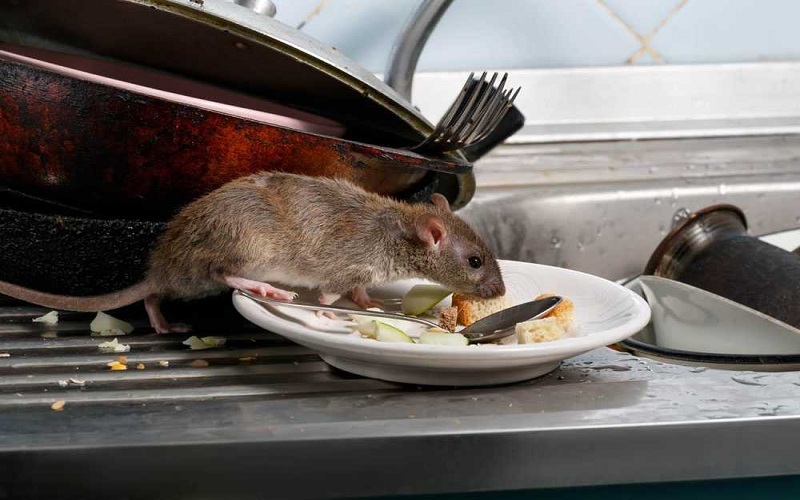Rodents are a big nuisance in Florida. Other than causing structural damage, they can destroy your vegetation as well. The availability of food and water sources in your garden often attracts these rodents. They build their nests in shady areas and are able to hide from humans.
To prevent rodents from entering your property, you can follow a few landscaping tricks. These can include planting natural repellents like lavender and peppermint and installing barriers like fencing.
If you want to keep these pests away from your property, continue reading this blog to learn some landscaping tips that can help you repel them. However, if, despite all the preventive measures, these annoying rodents have invaded your property, professionals from avatapest.com can help you get rid of them effectively.
Top five landscaping tips to repel rodents
1. Invest in rodent-repellent plants.
To repel rodents from your property, you can add plants and herbs to your garden. One useful plant is peppermint. It has a strong scent that rodents do not like, and it can help deter them from your property. Other natural rodent repellents include lavender, lemongrass, and daffodils.
These plants, other than keeping rodents at bay, also provide your protection from various pests and insects like snails, ants, beetles, cockroaches, etc.
2. Keep your trees at bay.
When planting vegetables or trees in your garden, be mindful of their distance from your homes. As plants grow, their branches can enter your house. Rodents, being excellent climbers, can crawl all the way from branches and invade your homes.
Therefore, make sure the plant is planted away from the exterior of your walls to reduce the likelihood of rodents entering your house. For extra safety, you can install barriers such as fencing or raised beds to keep the crops safe from rodents.
However, if you have already planted a tree near your house, do not forget to trim the branches regularly and make sure they are away from your doors and windows.
3. Remove food and water sources.
Rodents are often attracted to your property because of the availability of food sources. This can include bird feeders, pet food, and garden fruits and vegetables. To avoid attracting rodents, keep the bird food away from your homes and make sure to keep the pet food in air-tight containers.
Also, beware of the standing water in your backyard and fix any leaks to prevent moisture buildup. Any waste food should be disposed of regularly. Also, your trash cans should be properly sealed as rodents often invade your trash to find food sources.
4. Think about plant placement.
Having thick and flourishing plants in your backyard can be fun if you are going for a jungle vibe. However, placing plants closely can increase the risk of a rodent infestation. Dense vegetation creates a perfect hiding spot for many rodents and insects, allowing them to build nests and multiply rapidly.
Additionally, closely packed plants create pockets of moisture that attract rodents and other pests. To eliminate this problem, give your plants breathing room. Leaving about two feet of space between two plants allows air circulation, which reduces moisture and makes the environment less hospitable for rodents.
5. Conduct regular maintenance.
Regular maintenance of your garden or lawn area is very crucial. Trim branches and shrubs and let the sunlight in. If there are less shady areas, rodents are less likely to invade because they will feel unsafe and exposed. Do not let the debris accumulate, and clear away clutter immediately.
By trimming down trees, you can eliminate hiding spots and nesting materials for rodents and make your garden less attractive for rodents.
Hire a pest control team today!
Having rodents in your backyard or garden can be problematic. They can damage your vegetation, invade your home, and cause an infestation. To deter them from your property, hire a professional rodent exterminator today!

